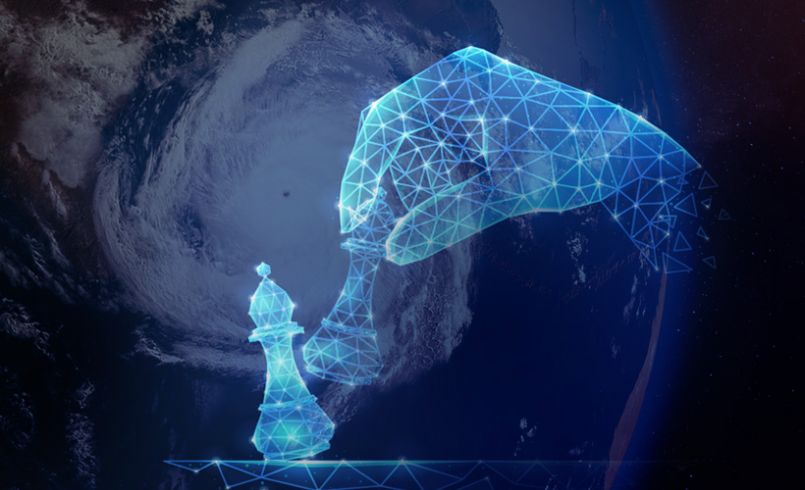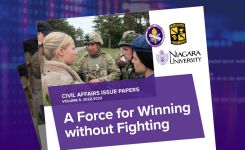- Daniel K. Inouye Asia-Pacific Center for Securi...
- Gaming Major Power Rivalry and Climate Disaster...
Gaming Major Power Rivalry and Climate Disasters Using Systems Tools
“Gaming Major Power Rivalry and Climate Disasters Using Systems Tools” is the title of paper by DKI APCSS’ Dr. Deon Canyon and former visiting scholar Jonathan Chan for Security Nexus. This paper documents a methodology for creating crisis-games that are designed to explore possible futures in the medium and long-term. It describes a four-step process in which security practitioners work on understanding threat systems, delve into the related underlying driving forces of the threats, create future scenarios in which these forces interact and play out, and explore these scenarios using adversarial crisis-games.
According to the authors, “While they have their limitations and are not an exact replica of reality, situational, role-playing crisis-games foster the application of creative and innovative thinking on challenges that cannot be analyzed using conventional statistical methods and provide the opportunity to investigate possible reactions. Before embarking on a potentially precarious course of action, it is useful to have insight into potential command and control issues, as well as actions that may escalate or de-escalate tensions and hostilities. Leaders need methods that not only provide systems-level knowledge, but which actively challenge assumptions, positions, expectations, perceptions, facts, and procedures to improve decision making in multidisciplinary, interagency, and complex settings.”
The views expressed in this article are those of the author and do not necessarily reflect the official policy or position of the Daniel K. Inouye Asia-Pacific Centre for Security Studies, the US Department of Defence, or the US Government.



